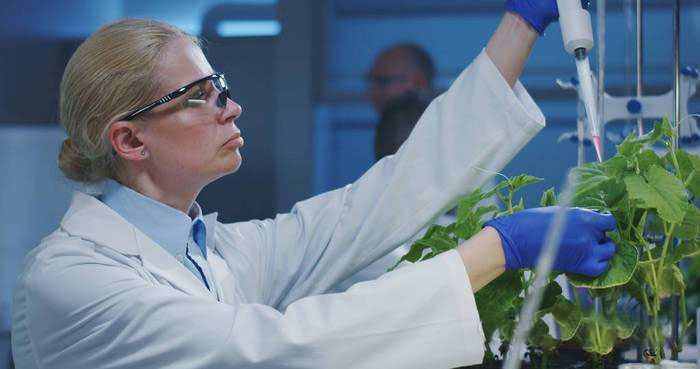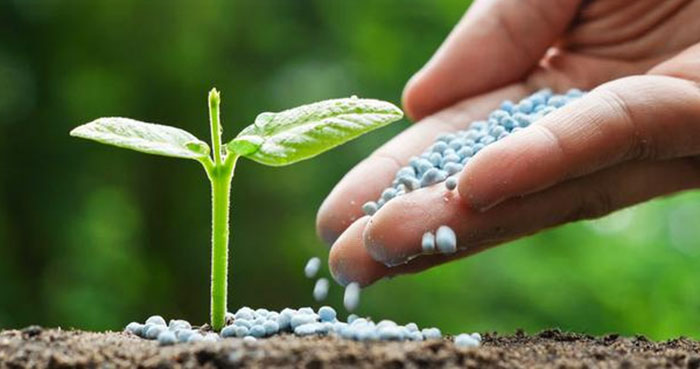Plants need amino acids to maintain their normal growth and development. Amino acids are the basic building blocks of proteins, which play important roles in plants, including building cellular organs, enzymes, and antibodies. Different amino acids combine to form different proteins, so supplementing different kinds of amino acids can promote the synthesis and growth of plant proteins.

In addition to being the building blocks of proteins, amino acids also play a variety of important roles in plants. Here are the main ones:
1. Signal transmission: Some amino acids can be used as signal molecules to transmit information in plants. For example, glutamate and aspartic acid can act as neurotransmitters to transmit signals in plants, regulating plant growth, flowering, and resilience.
2. Energy supply: In plants, amino acids can produce energy through the amino acid metabolism pathway. When plants face adversity or lack of nutrients, amino acids can be broken down into organic acids and energy supply plants to maintain life activities.
3. Stress Resistance: Some specific amino acids, such as proline and glutathione, have antioxidant and stress resista nce properties. They can help plants combat environmental stresses such as oxidative stress, drought and salt stress.
4. Hormone synthesis: Some amino acids can be used as precursor substances of plant hormones and participate in hormone synthesis and regulation. For example, tryptophan is a precursor to plant auxin, and lysine is a precursor to plant dopamine and peptide hormones.
In summary, amino acids are very important for plants, not only involved in protein synthesis and energy supply, but also regulate signal transmission, enhance resilience, and participate in physiological processes such as hormone synthesis. Therefore, supplementing the right amount of amino acids has a positive effect on the growth and development of plants.
Different amino acids have different effects on plants. For example, serine and threonine can promote plant growth and development, while proline and glutamate can enhance the resilience of plants. Therefore, when supplementing amino acids, different amino acid types and doses need to be selected according to the specific situation.
In addition, different plants have different requirements for amino acids. For example, legumes have a higher demand for fertilizers containing large amounts of threonine and serine, while grasses have a higher demand for fertilizers containing large amounts of lysine and tryptophan.

In short, amino acids are very important to the role of plants, supplementing the right amount of amino acids can promote the growth and development of plants, and enhance the ability of plants to withstand stress. In practical applications, it is necessary to select the appropriate amino acid types and dosages according to different plant and environmental conditions to achieve the best results.
Post time: Sep-28-2023

